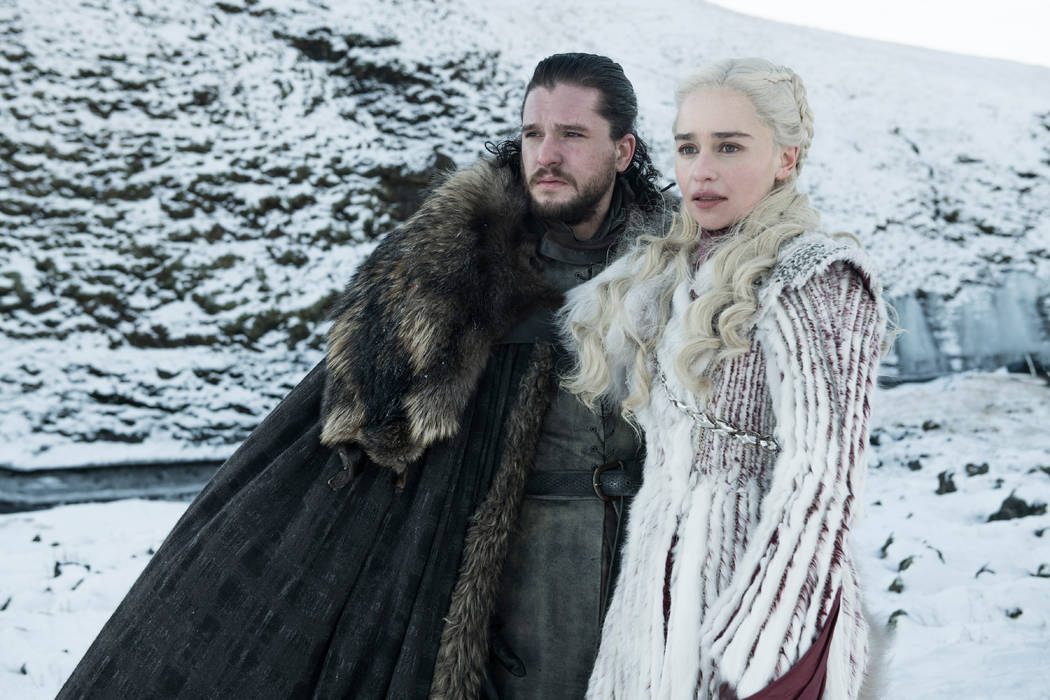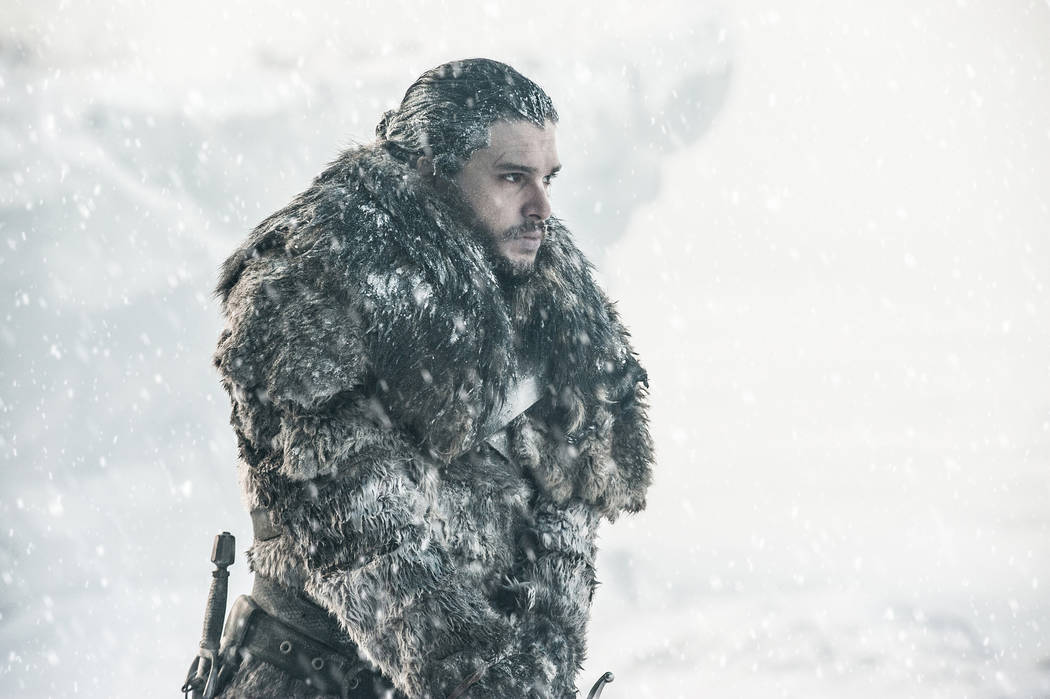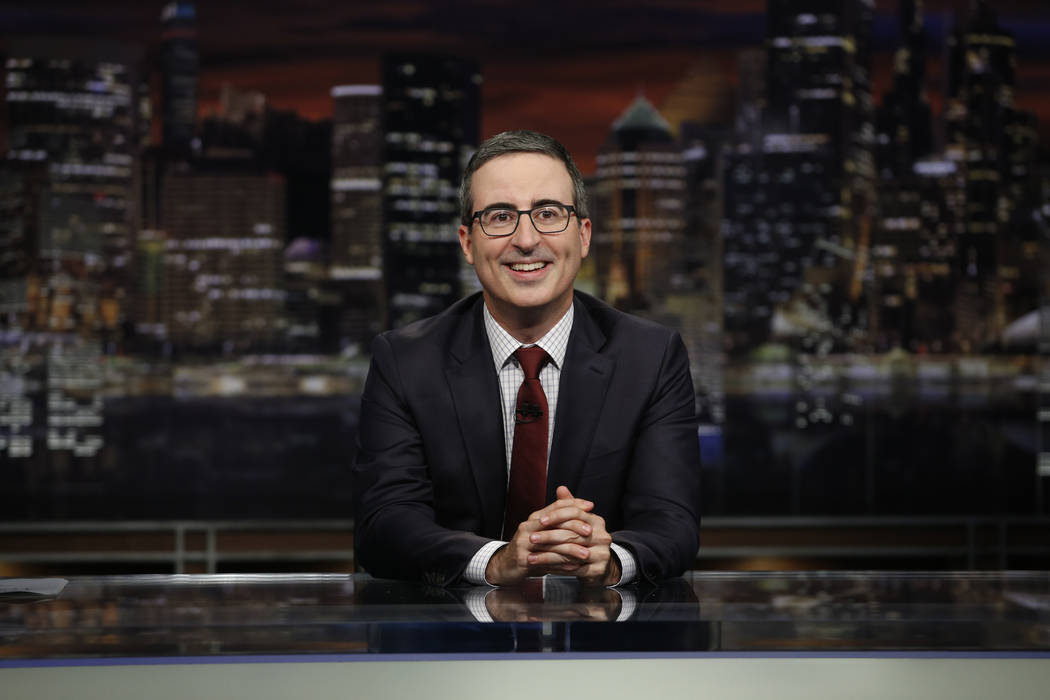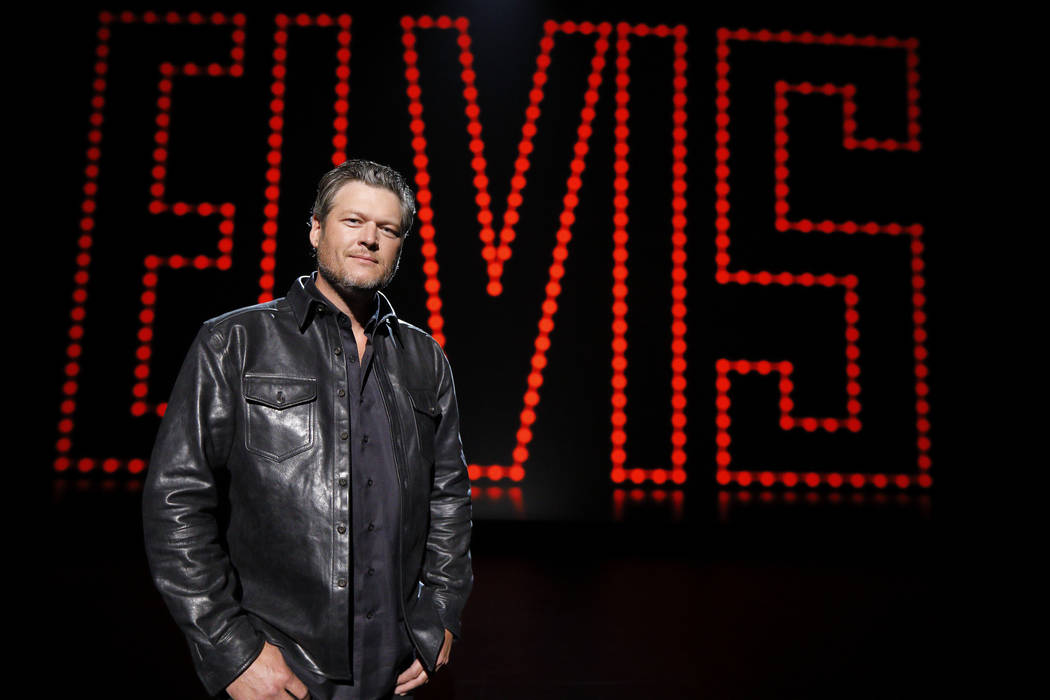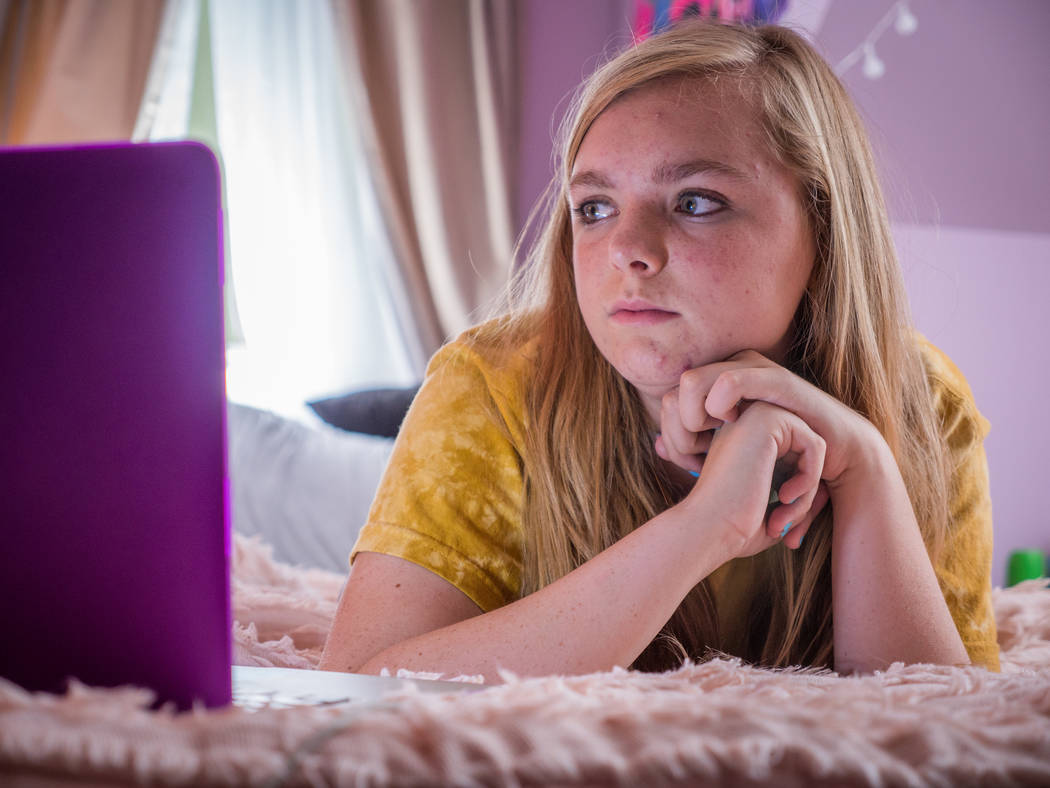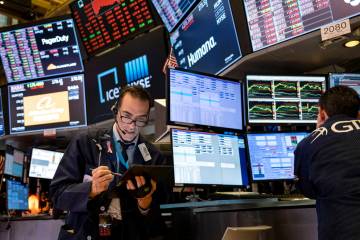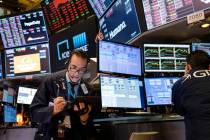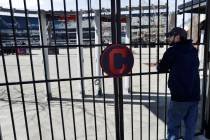Battle lines drawn over dwindling cable, satellite customers
If you’re a Dish Network subscriber inconvenienced by the impasse that’s kept HBO blacked out since Halloween, relax. Just find some young whippersnapper to steal it for you.
That’s essentially the message Dish co-founder and chairman Charlie Ergen conveyed Wednesday during an earnings call.
“Every young person knows how to go on the internet and get a code and watch HBO for free,” Ergen said. “And so you end up with a piracy issue that unfortunately we prefer not to see. But when customers get something taken away, they resort to other means.”
That’s just a step above “Look, we know you’re upset. The security combination to HBO’s corporate offices is 897342, and while we’d rather you not use that information, we hear looting helps blow off steam.”
Carriage disputes, like the one that caused KLAS-TV, Channel 8, to be knocked off Cox cable in 2016 and threatened local viewers’ access to Super Bowl 50, are nothing new. In the past decade, Dish has been involved in at least 20 spats that resulted in the temporary loss of a multitude of channels owned by Disney, Fox, AMC, Comcast and Viacom, pay-per-view events put on by UFC and WWE, as well as hundreds of local stations.
But this one, now in its fifth month, has become particularly acrimonious. Dish executives have suggested that HBO’s parent company, AT&T, is withholding the pay channel to use the final season of “Game of Thrones” to drive Dish subscribers to its own service, DirecTV.
And you wonder why antitrust watchdogs and the Department of Justice objected so frequently and fervently to AT&T’s $85 billion acquisition of WarnerMedia — and, with it, HBO — which was completed last June.
Between cord cutting and consolidation, these disagreements are only going to become more frequent and more bitter.
According to eMarketer, there were 205.4 million cable and satellite customers in the U.S. in 2015. By 2022, the research firm expects that number to drop to 169.7 million. In that earnings call, Dish revealed it lost 386,000 subscribers in the fourth quarter of 2018 alone. In the wake of these defections, traditional TV providers will be fighting harder than ever to keep costs down.
Meanwhile, Maryland-based Sinclair Broadcast Group owns or operates 139 stations — including local affiliates KSNV-TV, Channel 3, and KVCW-TV, Channel 33 — covering nearly 100 markets and 39 percent of the country. Nexstar Media Group out of Irving, Texas, controls 174 stations in 100 markets covering 38.7 percent of the country. Nexstar, which owns Channel 8, is in the process of purchasing Tribune Broadcasting and its 42 local stations that serve more than 50 million households. More stations means more clout when it comes to collecting fees from cable and satellite companies.
“Game of Thrones” doesn’t return until April 14, but while there’s still plenty of time to work out a deal, hard deadlines and white-hot shows have meant little to Dish. That AMC kerfuffle back in 2012 cost subscribers access to the first half of “Breaking Bad’s” final season.
This latest brouhaha seems especially silly. Unless you’re in a remote area without access to reliable high-speed internet, there’s no reason to switch providers just to watch HBO. You can get the same service for roughly the same cost through HBO Now.
If that’s not an option, Dish’s Ergen advised another end run: Go watch “Game of Thrones” at a friend’s house.
Whenever this is settled, one thing is clear: Winter is coming for traditional TV providers, and it won’t be pretty.
Contact Christopher Lawrence at clawrence@reviewjournal.com or 702-380-4567. Follow @life_onthecouch on Twitter.
What to watch
"Elvis All-Star Tribute" (9 p.m. Sunday, NBC), hosted by Blake Shelton, features artists as diverse as Ed Sheeran, John Legend, Jennifer Lopez, John Fogerty and Post Malone paying tribute to the King.
Aubrey Plaza hosts the 2019 Film Independent Spirit Awards (2 p.m. Saturday, IFC), where "Eighth Grade," "First Reformed," "If Beale Street Could Talk," "Leave No Trace" and "You Were Never Really Here" will vie for best feature.
"Last Week Tonight With John Oliver" (11 p.m. Sunday, HBO), the reigning three-time Emmy winner for outstanding variety talk series, returns for its sixth season.
Fred Armisen, Bill Hader and Seth Meyers are back to spoof another batch of documentaries, alongside Helen Mirren, Cate Blanchett, Michael Keaton and Owen Wilson, in the new season of "Documentary Now!" (8 p.m. Wednesday, IFC).



